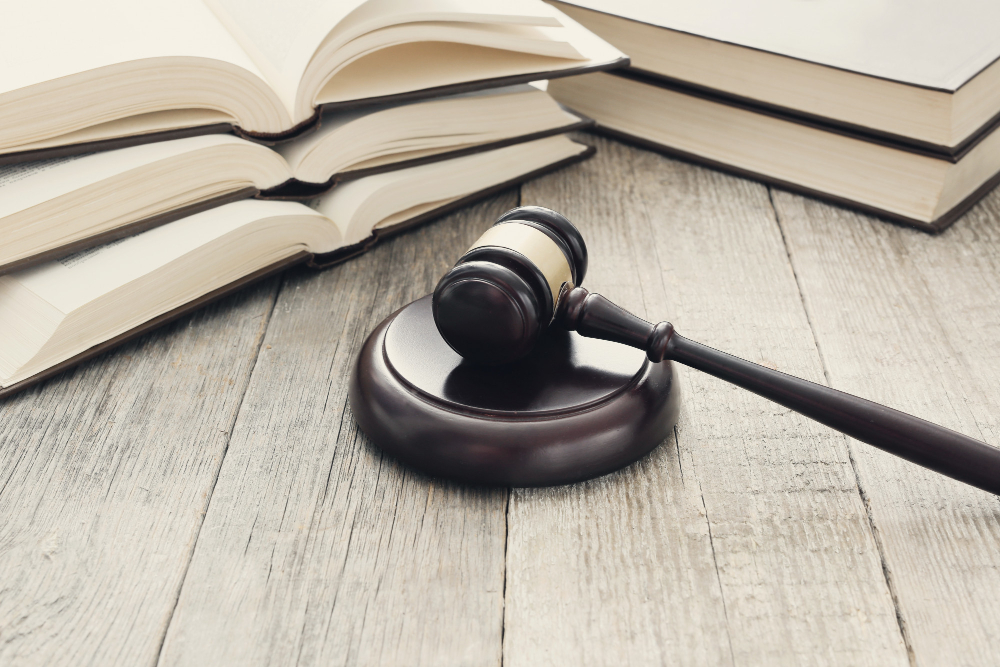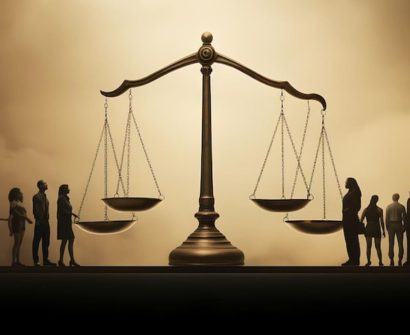
Hate speech has long-reaching repercussions in the lightning-fast Indian society, extending far beyond what it says. Even though it’s occasionally passed off as political stances or rhetoric, hate speech has a powerful and destructive influence that undermines community unity and communal peace. India, a multicultural nation with an extensive variety of cultures, religions, and customs, is at an important juncture in its turbulent past where hate speech has been having an apparent negative impact on society and generating divisiveness.
hate speech meaning
- Hate speech refers to a wide range of expressions that, for a variety of reasons, support, encourage, or legitimize violence, hatred, and prejudice against an individual or group of individuals.
- It seriously jeopardizes the rule of law, human rights protection, and democratic society’s ability to remain cohesive.
- If ignored, it may result in more widespread acts of violence and conflict.
- Thus, hate speech in india is an extreme manifestation of intolerance that fuels hate crimes.
hate speech examples
- A post that labels all members of a particular race as “violent animals” or labels members of a particular sexual orientation as “disgusting” can come across as extremely intimate and, given the circumstances, even dangerous. Such attacks are referred to as hate speech in many countries worldwide.
Hate Speech in India: Causes
- Feeling of dominance: One of the primary causes of hate speech is the emergence of a sense of personal superiority, which leads to the individual beginning to rule over other individuals, organizations, or communities.
- Obstinate Actions Directed at a Specific Ideology: When statistics on a person, group, or community demonstrate their obstinate behaviour. When individuals become impatient and attempt to control those who incite hatred, hate speech becomes more prevalent in India. This is because they are not listening to other people’s opinions, views, or perceptions.
- Unfavourable Stereotypes: People who fit into negative stereotypes make us believe that other people are less worthy and inferior, which breeds hate speech. Negative stereotypes are a result of oppressive institutions, such as discriminatory structures.
hate speech laws in india
Constitution of India
- The freedom of speech and expression is guaranteed as a basic right (Article 19(1)(a)).
- Reasonable constraints for a balanced usage are imposed under Article 19(2).
- Allowed in the interests of public order, morality, integrity, security, international relations, sovereignty, decency, and morality; prohibited in cases of contempt of court, defamation, or incitement of a crime.
Indian Penal Code
- Punish actions that incite animosity and hostility between groups under Sections 153A and 153B.
- hate speech ipc addresses penalties for behaviour that blatantly interferes with religious sentiments under Section 295A.
- Declare as crimes the publication and distribution of materials that incite animosity or hostility between groups under Sections 505(1) and 505(2).
Representation of People’s Act
- Section 8 prevents an individual found guilty of using their right to free expression illegally from running for office.
- Sections 123(3A) and 125 prohibit the encouragement of animosity or hostility between social groups in the run-up to elections, viewing such activities as corrupt electoral practices.
Scheduled Castes & Scheduled Tribes (Prevention of Atrocities) Act, 1989
- Stops hate speech directed at Scheduled Tribes or Scheduled Castes from being expressed in public.
Protection of Civil Rights Act, 1955
- Punishes encouraging and inciting untouchability via written or spoken statements, signs, visual displays, and other means.
hate speech: Case Rulings
Shaheen Abdulla v UOI and Ors Case:
- The Indian Supreme Court (SC) noted that harmony between various religious communities is a prerequisite for fraternity.
- The Supreme Court has voiced alarm over the rising number of hate speech occurrences in the nation and instructed the government and law enforcement agencies to act on their own initiative in these situations without waiting for official complaints to be filed.
S. Rangarajan Etc v P. Jagjivan Ram Case:
- The decision held that a reasonable balance must be struck between one’s right to free speech as well as the restriction of any social interest. Additionally, there are certain restrictions on the freedom of idea dissemination through motion pictures, as stated in Article 19(2) of the Constitution.
- In this decision, the Court found that speech restrictions cannot be imposed unless the circumstances they create endanger the community or the public interest, and that threat cannot be speculative, far-fetched, or hypothetical.
Hate speech has significantly impacted freedom of speech and expression in recent years. Public disruption and societal discontent are caused by hate speech. This new LGBT group does, in fact, push us to consider the extent to which we cannot restrict the freedom of speech and expression. It also provides us with a future perspective that allows us to widen our thinking in the direction of a more liberal outlook.
Hate Speech in India FAQs
- Why should we curb hate speech?
Hate speech not only fuels hatred but, like an opiate, when used consistently, it gradually undermines the self-esteem and dignity of the entire group that it is directed against. Because of this, we must handle hate speech using a different strategy.
- What is the legal position of hate speech in India?
Anybody found guilty of hate speech faces a maximum sentence of three years in prison, a fine of five thousand rupees, or both.
- What is hate speech public speaking?
“Hate speech” is derogatory language that may endanger societal harmony and is directed at a certain group or individual based on innate traits (like gender, race, or religion).
- What is the CrPC for hate speech?
The provision of the CrPC that may be used in the event of intentional attempts to disturb community peace is Section 295.
- Is hate speech a protected speech?
Hate speech has the potential to be unpleasant and insulting, the First Amendment usually protects it.
- What is hate speech in Indian Constitution?
The word “hate speech” is not at all there under the Indian Constitution. Laws that criminalize “hate speech” are interpreted to include statements, writings, deeds, signs, and representations that incite violence and sow discord among communities and groups.
- Is sedition and hate speech same?
While sedition is an offense directly against the State, hate speech offences the State indirectly by upsetting public order.
- What is Section 153A of the hate speech?
The Indian Penal Code, Sections 153A and 153B, penalize actions that incite animosity and hostility between two communities.
- What are the negative effects of hate speech on students?
Hate speech and online violence have a variety of negative effects, including emotional, physical, and cognitive ones. They can also cause self-image distortion, low self-esteem, more severe types of anxiety and depression, and regrettably, even suicide.
- Is hate speech a fundamental right?
The Indian Constitution’s Article 19(1)(a) guarantees the basic right to freedom of speech and expression. However, this right is not unrestricted, and Article 19(2) places limitations on it. It must be acknowledged that hate speech starts where the freedom to free speech ends.
- Which coaching is best for judiciary?
Jyoti judiciary Coaching offers the best judiciary coaching available in Jaipur. Its objective is to furnish the students with a comfortable learning atmosphere. It raises the probability of reaching the intended result by making the challenging task seem simple. Our mission at Jyoti Judiciary is to provide you with the best education we can. The Institute guarantees that it will make every effort to give you the best possible preparation for the Judicial Service entrance exams.
- Which coaching is best for RJS preparation?
The reputable Jaipur coaching program “Jyoti Judiciary Coaching” aids students in getting ready for the RJS exam. The best both online and offline RJS coaching program in Jaipur, Jyoti Judiciary, enables a methodical approach to RJS examination preparation. With great care, their curriculum has been created to include every topic and course required to pass the Rajasthan Judicial Service Exams.
With the goal of giving students the best coaching available for law entrance exams including the CLAT, AILET, and various other numerous state judiciary exams, Jyoti Judiciary Coaching, India’s Finest educational Platform, was established. Come enrol now with Jyoti Judiciary!
For any latest news, legal topics, judiciary exams notifications, patterns, etc watch Jyoti Judiciary’s YouTube channel for legal videos for any updates at https://youtube.com/@jyotijudiciarycoaching4852?si=2cwubh9d2A9urwJf










